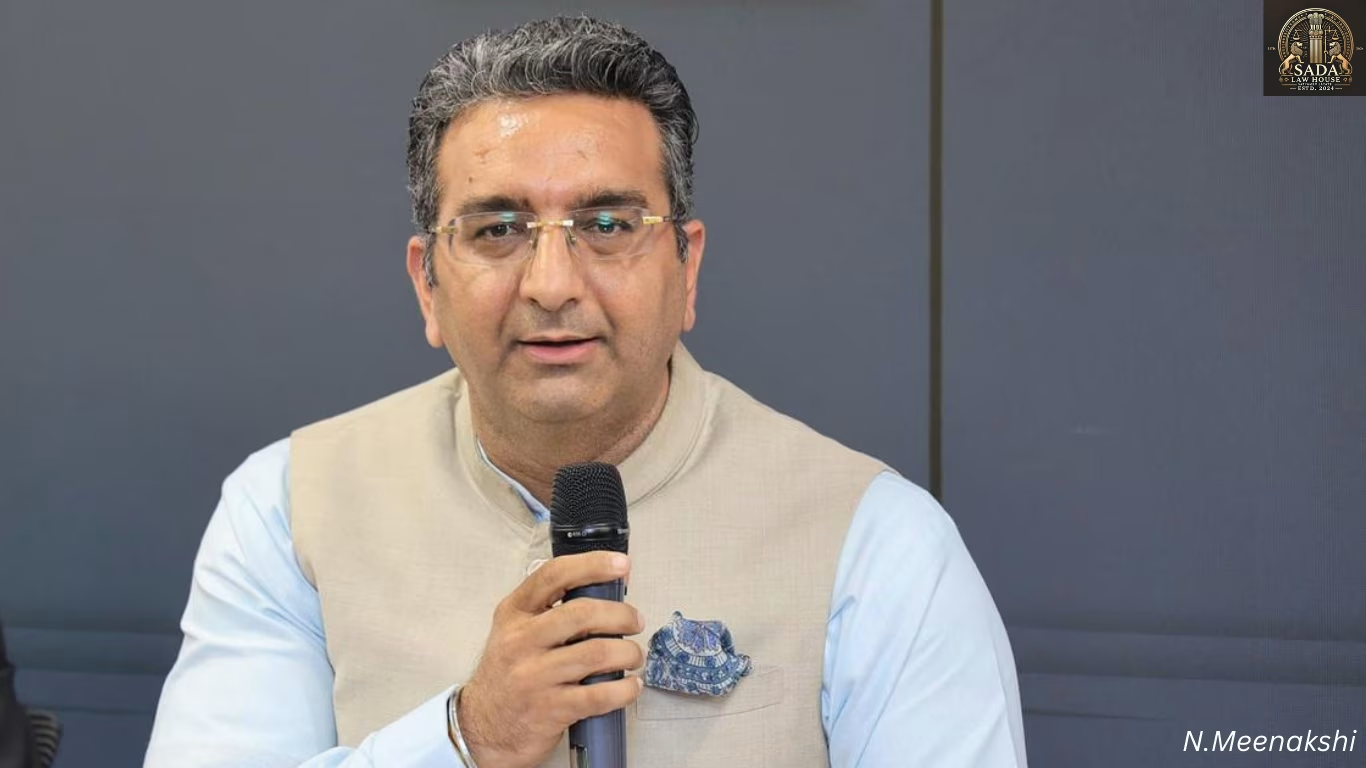Kerala Government Grants Early Release to Sherin After 14 Years in Familial Murder Case
- Kashish Jahan
- 18 JULY 2025

The Kerala government has approved the early release of Sherin, convicted in a 2009 familial murder case, after serving 14 years in prison. The remission, based on good conduct under BNSS Section 475, has sparked public debate and legal scrutiny.
Background: Sherin’s Conviction in a Familial Murder
In 2009, Sherin was convicted for orchestrating the murder of her father-in-law over a property dispute. Her conviction was upheld by both the Kerala High Court and the Supreme Court of India. After serving 14 years in prison, the Kerala government issued a formal remission order, allowing her early release.
What Led to Her Early Release?
Sherin’s release was recommended by the State Jail Advisory Board, which assessed her good conduct, discipline, and rehabilitation record while in prison. Based on these findings, the government exercised its powers under Section 475 of the Bharatiya Nyaya Sanhita (BNSS), India’s updated criminal code, which allows remission for prisoners who meet certain criteria.
Public Reactions: A Divided Response
The decision has triggered a wave of public debate. Critics argue that remission should not be extended to individuals convicted of heinous crimes—especially those involving betrayal of family trust. On the other hand, proponents of criminal reformation stress the importance of offering second chances to rehabilitated individuals who have served long terms.
Legal Framework: Section 475 of BNSS
According to Section 475 of the BNSS, remission can be granted to prisoners who:
Exhibit consistent good behavior
Participate in rehabilitation programs
Show potential for reintegrating into society
Officials state that Sherin met these conditions, making her eligible for early release under Kerala’s remission policy.
Human Rights Perspective: Emphasis on Rehabilitation
Human rights advocates have underlined the need for robust post-release monitoring and rehabilitation support to ensure that the remission serves its reformative goal. They argue that release should not just be an administrative action but a part of a structured reintegration plan.
Potential Legal Challenge Ahead
Legal experts suggest that victims’ families or public interest litigants may challenge the government’s decision. If so, the High Court might review whether the remission aligns with the interests of justice, especially in cases involving serious or violent crimes.
Conclusion
Sherin’s early release after 14 years in prison reflects the evolving application of India’s remission laws under the BNSS. While it highlights the justice system’s capacity for reform and rehabilitation, it also reignites the debate on how to balance public safety, victim rights, and second chances. Whether this case sets a broader precedent or sparks judicial intervention remains to be seen.
Live Cases






